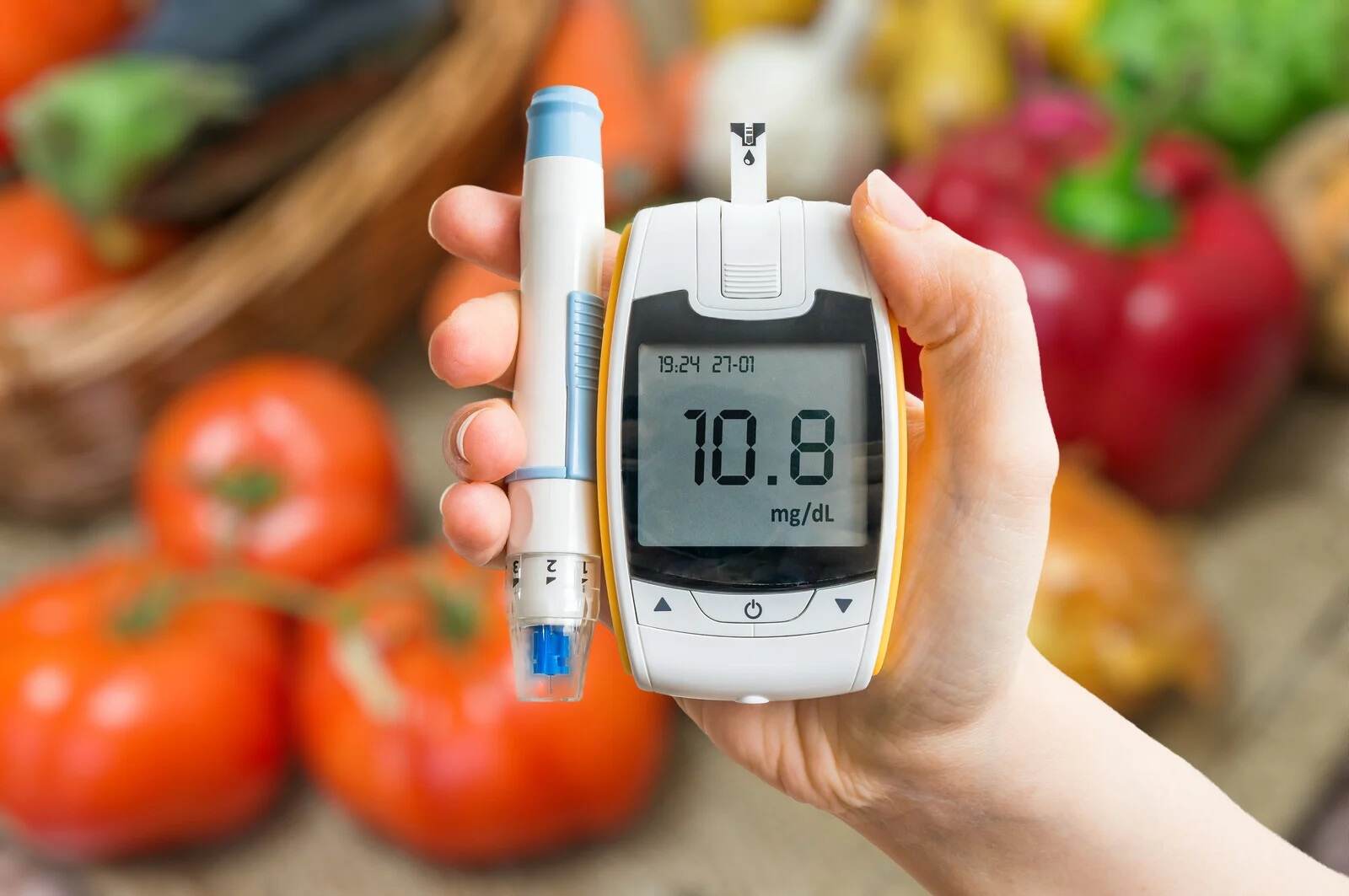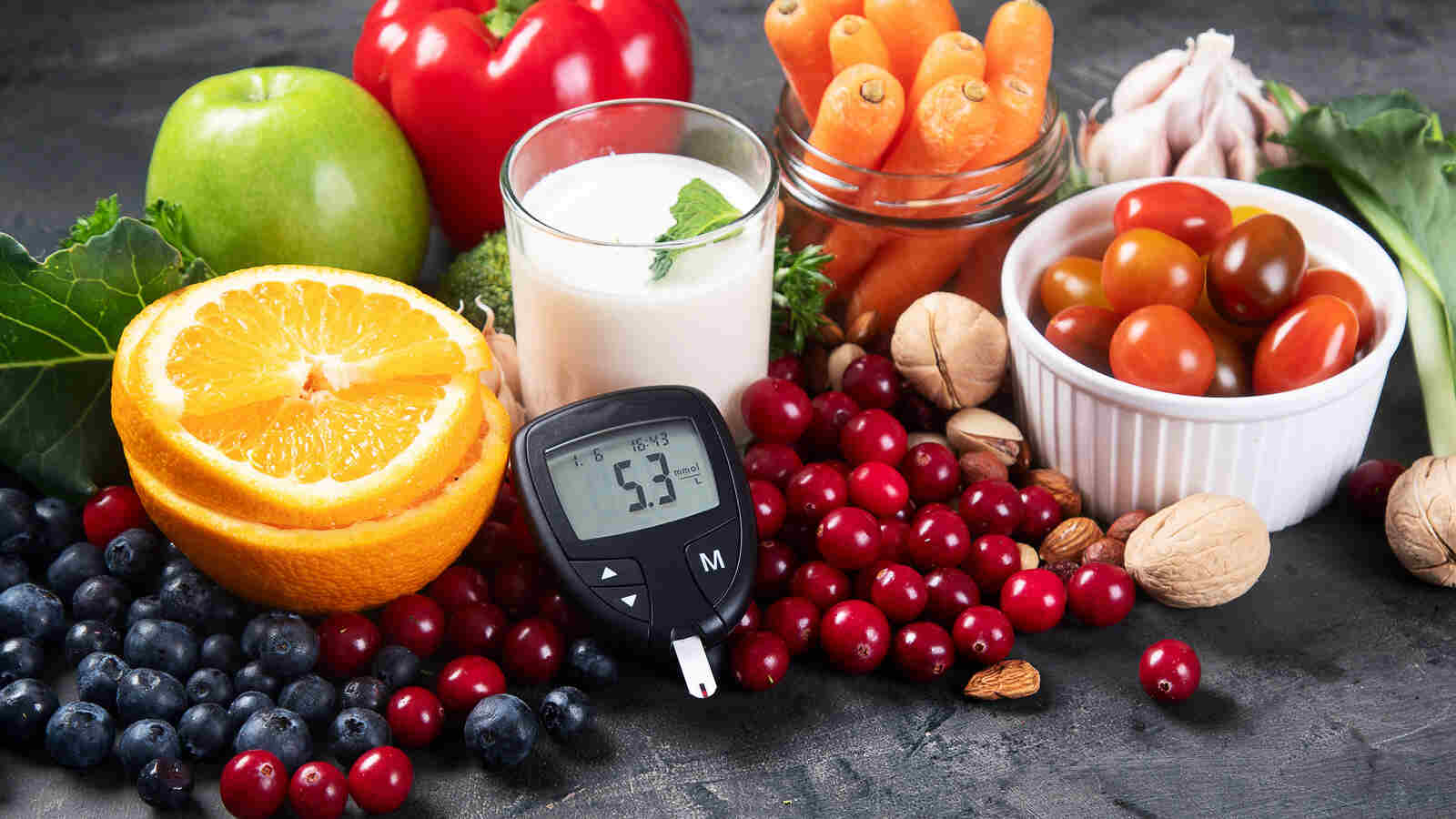Ayurvedic Treatment For Diabetes
Niroga Ayurveda Healing ( Ayurveda Chikitsa / Treatments )
Ayurveda Treatments
Effective Ayurvedic Therapies for Diabetes Management



The Ayurvedic Perspective on Diabetes
The Incredible Benefits of Ayurvedic Treatment for Diabetes
In Ayurvedic terms, Madhumeha is characterized by an excess of sugar in the urine and blood, leading to symptoms such as frequent urination, increased thirst, weight loss, and fatigue. The imbalance of doshas affects the body’s Agni (digestive fire), leading to improper digestion and assimilation of nutrients, which in turn results in the accumulation of Ama (toxins).
Ayurvedic Line of Treatment for Diabetes


1. Dietary Modifications (Ahara)
Diet plays a crucial role in managing diabetes. Ayurveda recommends:
- Balancing Kapha: Foods that reduce Kapha should be prioritized. This includes bitter, astringent, and pungent tastes. Bitter gourd, fenugreek, turmeric, and neem are particularly beneficial.
- Low-Glycemic Foods: Emphasize whole grains like barley, millets, and quinoa, which have a low glycemic index and help in managing blood sugar levels.
- Fiber-Rich Diet: Include plenty of vegetables, especially leafy greens, and legumes to ensure adequate fiber intake.
- Avoid Processed Foods: Clear refined sugars, flours, and processed foods that can spike blood sugar levels.
- Portion Control: Eating smaller, frequent meals to avoid large spikes in blood sugar levels.


2. Lifestyle Changes (Vihara)
A balanced lifestyle is vital in managing diabetes:
- Regular Exercise: Physical activity helps in reducing Kapha and improving overall metabolism. Practices like walking, yoga, and light aerobics are highly recommended.
- Stress Management: Stress can exacerbate diabetes. Techniques such as meditation, pranayama (breathing exercises), and mindfulness help in reducing stress and balancing the mind.
- Routine: Maintaining a regular daily routine supports the body’s natural rhythms and helps in better managing blood sugar levels.


3. Herbal Remedies (Dravyaguna)
Several herbs are used in Ayurveda to manage diabetes:
- Bitter Gourd (Momordica charantia): Known for its hypoglycemic properties, it helps in lowering blood sugar levels.
- Fenugreek (Trigonella foenum-graecum): Seeds are effective in improving glucose tolerance and lowering blood sugar levels.
- Neem (Azadirachta indica): Known for its detoxifying properties, neem helps in purifying the blood and reducing sugar levels.
- Amla (Indian Gooseberry): Rich in Vitamin C, it helps in regulating blood sugar levels and boosting immunity.


4. Ayurvedic Therapies
Certain Ayurvedic therapies can be beneficial:
- Panchakarma: A detoxification process that helps in removing toxins from the body and rejuvenating the system.
- Abhyanga (Oil Massage): Regular oil massages improve circulation and help in balancing the doshas.
- Basti (Enema): A cleansing therapy that supports digestive health and balances Vata dosha.
- Vamana: it’s a detoxification treatment that helps in eleminating excessive kapha dosha and also reduce the complication caused by kapha dosa
Conclusion
Diabetes can be effectively treated in Ayurveda, but more part is with the patient side as they need to follow a strict diet and lifestyle. By incorporating dietary changes, lifestyle modifications, herbal remedies, and specific therapies, it is possible to balance the doshas, improve metabolism, and maintain healthy blood sugar levels.
FAQs
Frequently Asked Questions
Q. What is Ayurvedic treatment for diabetes?
A. Ayurvedic treatment for diabetes involves using natural herbs, dietary guidelines, yoga, and detoxification therapies to manage and control blood sugar levels.
Q. How often should I undergo Ayurvedic treatment for diabetes?
A. The frequency of treatment depends on your health needs. Our experts typically recommend a personalized plan based on individual conditions.
Q. Is Ayurvedic treatment for diabetes suitable for everyone?
A. Ayurvedic treatment is suitable for most individuals. However, it is always best to consult with our experts to determine the right approach for you.
Fill out this form for booking online.
Appointment
Book An Appointment
Make sure to note down the appointment date, time, and location provided by the clinic. Set reminders on your calendar or set an alarm to ensure you are punctual and do not miss your appointment.
Customer Service
+91 84668 82266
WhatsApp Now
+91 84668 82266
Subscribe Now
SaiAyush Ayurveda

